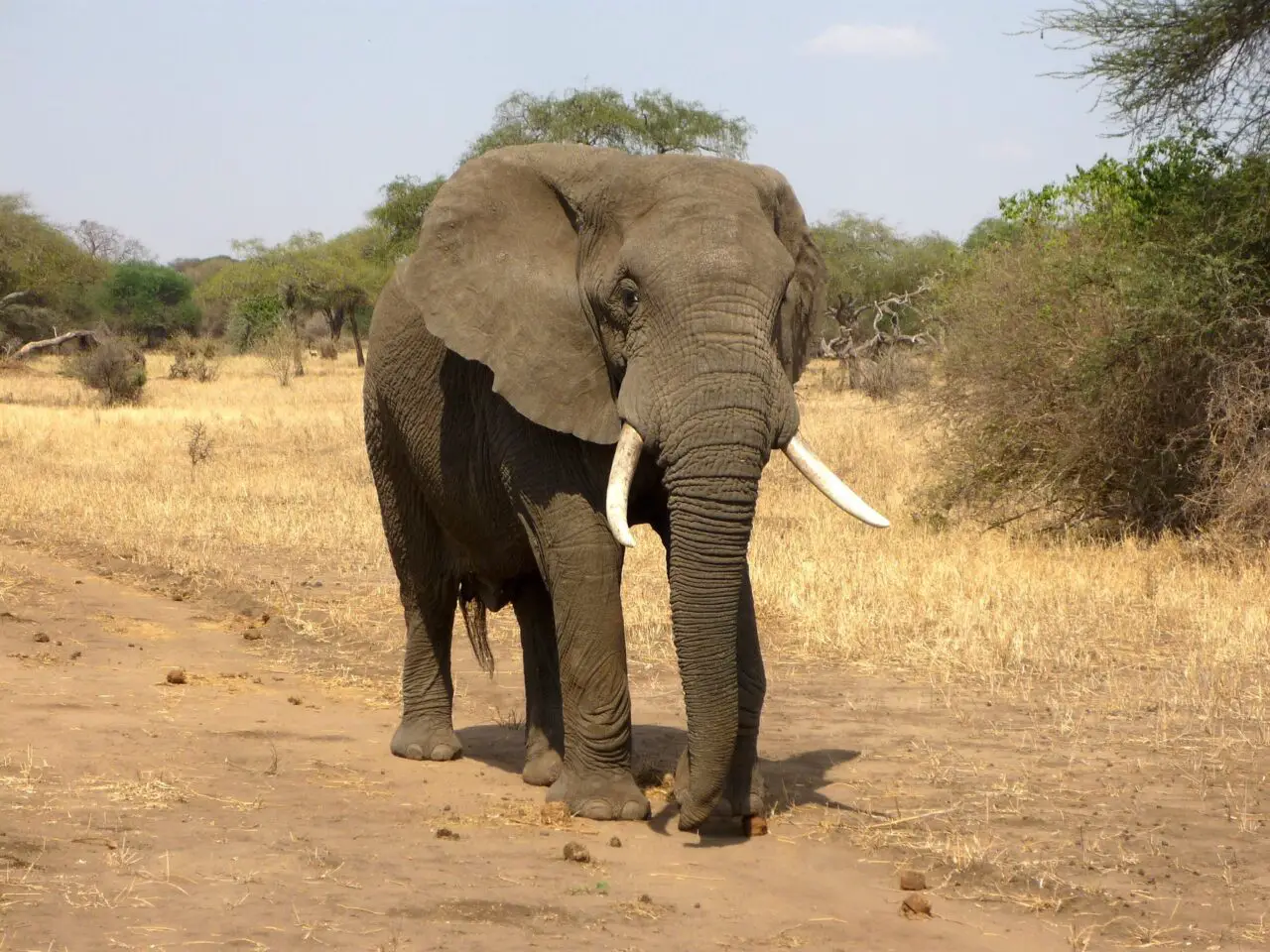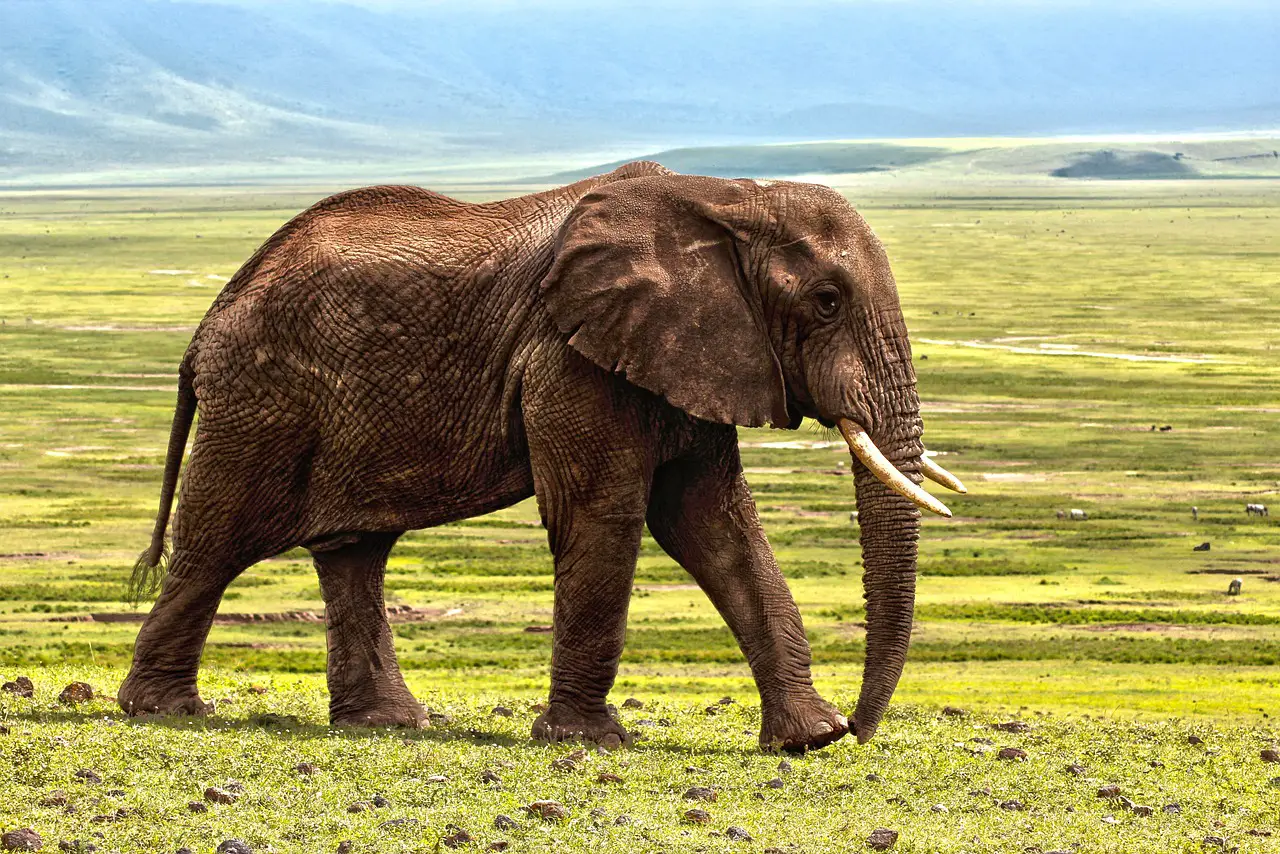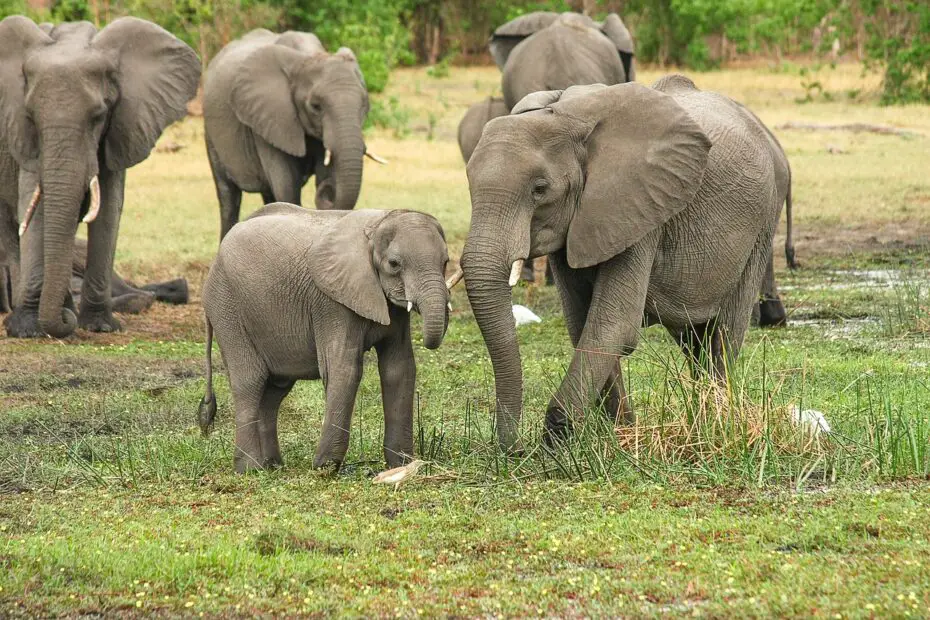Elephants, the magnificent and intelligent creatures that roam our planet, have always fascinated humans. One aspect that captures our curiosity is the lifespan of these gentle giants. In this article, we delve into the fascinating world of elephant lifespan, exploring the factors that influence it, the comparison with other animals, conservation efforts, and more. Join us as we unravel the secrets behind the longevity of Earth’s largest land mammals.
You may also want to read what types of eagles there are on our planet.
Understanding Elephant Lifespan
Elephant lifespan refers to the average duration that elephants live in the wild or captivity. It is influenced by various factors such as genetics, environment, diet, and human impact. Let’s explore the intricate details of these factors and their impact on elephant longevity.
Factors Affecting Elephant Lifespan
Elephant lifespan can be influenced by several key factors:
Genetics and Species
Different elephant species, such as African and Asian elephants, may have varying lifespans. Genetics play a significant role in determining the potential lifespan of individual elephants.
Environment and Habitat
The quality of the environment and availability of resources, such as food and water, directly impact the overall health and well-being of elephants. Access to suitable habitats is crucial for their survival and longevity.
Diet and Nutrition
A nutritious diet is vital for the overall health and lifespan of elephants. A well-balanced diet consisting of a variety of vegetation, including grasses, leaves, fruits, and bark, ensures that elephants receive essential nutrients for their physical and reproductive well-being.

Predators and Threats
The presence of natural predators, such as lions and crocodiles, can pose a threat to elephant lifespan. Additionally, human-related factors such as poaching, habitat loss, and conflicts with humans significantly impact their survival.
Lifespan of African Elephants
African elephants, known for their iconic tusks and large size, have a lifespan that varies between different subspecies and populations. On average, they can live up to 60 to 70 years in the wild, although some individuals have been known to live even longer.
Lifespan of Asian Elephants
Asian elephants, slightly smaller in size compared to their African counterparts, have a similar average lifespan. They can live up to 60 years or more in the wild, depending on various factors such as habitat quality and human interaction.
Oldest Recorded Elephants
Throughout history, there have been remarkable cases of exceptionally long-lived elephants:
- Methuselah: This African elephant, believed to be the oldest recorded elephant, lived for an estimated 69 years in the wild.
- Lin Wang: A male Asian elephant that lived in captivity, Lin Wang holds the record for one of the longest-lived elephants, reaching the age of 86.
Comparison with Other Animals
When comparing elephant lifespan with other animals, elephants are known for their relatively long lifespans. They outlive many other large mammals, such as lions and rhinoceroses, but their lifespan falls short in comparison to certain species of whales, tortoises, and some parrot species.
Importance of Elephant Conservation
Elephants are not only charismatic and awe-inspiring creatures but also play a vital role in maintaining healthy ecosystems. Protecting and conserving elephants is crucial for the overall biodiversity of their habitats. Here are some reasons why elephant conservation is of utmost importance:
- Ecosystem Engineers: Elephants are considered “ecosystem engineers” as they shape their habitats by creating clearings, spreading seeds through their dung, and modifying vegetation. Their activities help maintain a diverse range of plant and animal species in their ecosystems.
- Seed Dispersal: Elephants are essential for seed dispersal over long distances. They consume a wide variety of fruits and vegetation and spread the undigested seeds through their feces. This helps in the regeneration of forests and the dispersal of plant species.
- Forest Health: Elephants play a crucial role in maintaining the health of forests. By selectively feeding on certain plant species, they prevent the dominance of particular plants and promote a more balanced and diverse forest ecosystem.
- Tourism and Economic Value: Elephants are a significant attraction for wildlife tourism, contributing to local economies and providing livelihood opportunities for communities. Protecting elephant populations and their habitats can have positive impacts on both conservation and local economies.

Threats to Elephant Lifespan
Despite their significance, elephants face numerous threats that impact their lifespan:
- Poaching: The illegal ivory trade remains a significant threat to elephant populations, resulting in the loss of countless lives. Poaching not only affects the individuals killed but also disrupts social structures within elephant herds.
- Habitat Loss: Human encroachment, deforestation, and expanding agricultural activities have led to habitat fragmentation and loss for elephants. This restricts their access to resources, disrupts migration routes, and increases conflicts between humans and elephants.
- Human-Elephant Conflict: As human populations expand into elephant habitats, conflicts arise due to competition for resources. Crop raiding incidents and human-elephant encounters can lead to negative perceptions and retaliatory actions that harm both humans and elephants.
Conservation Efforts for Longevity
To ensure the long-term survival and well-being of elephants, numerous conservation organizations and initiatives are dedicated to their protection. These efforts include:
- Anti-Poaching Measures: Strict law enforcement, anti-poaching patrols, and international collaborations work towards curbing the illegal ivory trade and reducing poaching incidents.
- Habitat Conservation: Initiatives focus on protecting and restoring elephant habitats, promoting sustainable land-use practices, and mitigating human-elephant conflicts through measures like electric fencing and early warning systems.
- Community Engagement: Involving local communities in conservation efforts, providing alternative livelihoods, and raising awareness about the importance of elephants contribute to their conservation.
- Education and Research: Research programs and public education initiatives help increase understanding of elephants, their ecological importance, and the need for conservation. These efforts promote empathy and inspire actions for their protection.
Elephant Lifespan in Captivity
Elephants in captivity, such as those in zoos and sanctuaries, can have varying lifespans. Factors such as the quality of care, diet, veterinary attention, and social interactions play crucial roles in their overall well-being and lifespan. Providing adequate space, mental stimulation, and opportunities for natural behaviors are essential for their health and longevity.
Human-Elephant Interaction
As humans continue to share landscapes with elephants, responsible and sustainable practices are crucial. Balancing the needs of both humans and elephants through measures like effective land-use planning, wildlife corridors, and community-based conservation initiatives can foster peaceful coexistence.
Conclusion
Elephants, with their majestic presence and critical ecological role, deserve our utmost respect and protection. Understanding the factors that influence their lifespan, the importance of elephant conservation, and the threats they face empowers us to take action. By supporting conservation efforts, combating poaching, and promoting sustainable practices, we can contribute to the longevity and well-being of these magnificent creatures. Let us strive to secure a future where elephants thrive in their natural habitats, enriching our world with their grace and wisdom.
FAQs
- How long do elephants live in captivity?
- Elephants in captivity can live into their 50s or 60s, and sometimes even longer, depending on their care, diet, and living conditions. Proper husbandry practices and enrichment activities are essential for their well-being and longevity.
- Do elephants have a natural lifespan limit?
- While there is no predetermined limit to an elephant’s lifespan, factors such as genetics, environment, and overall health can influence their longevity. With proper conservation efforts and protection, elephants can live well into their 60s, 70s, and beyond in the wild.
- Do all elephants live in herds?
- Yes, elephants are social animals that typically live in herds led by a matriarch. These herds consist of related females and their offspring, while adult males often live solitary lives or join bachelor groups.
- Are elephants vulnerable to diseases?
- Like any other animal, elephants are susceptible to diseases. They can be affected by infectious diseases, such as tuberculosis, as well as viral and bacterial infections. Regular veterinary care and monitoring help ensure their health and well-being.
- How can individuals contribute to elephant conservation?
- Individuals can support elephant conservation by raising awareness about the threats they face, supporting reputable conservation organizations, promoting responsible tourism practices, and advocating for stronger wildlife protection laws. Every small effort counts towards securing a brighter future for elephants.
